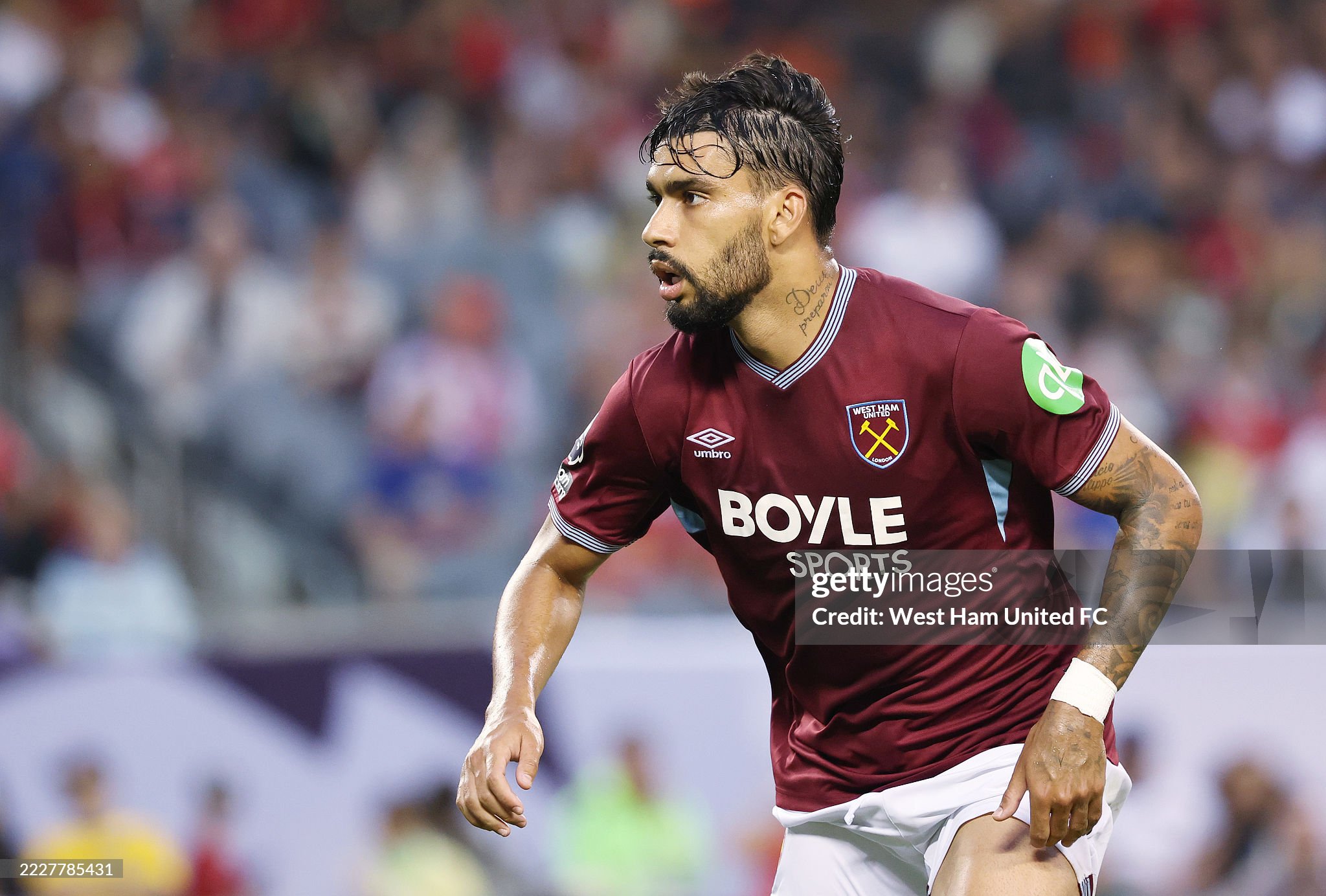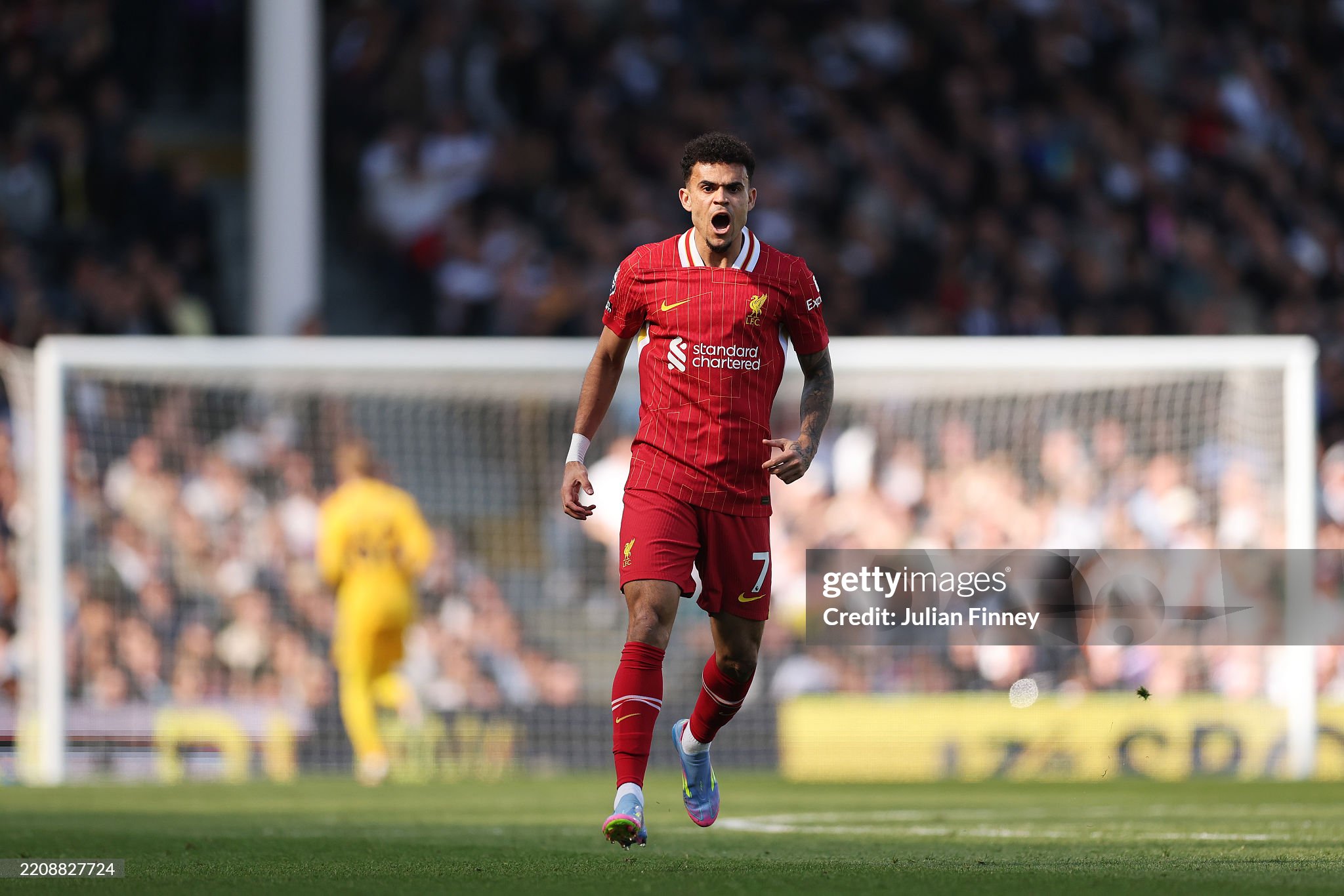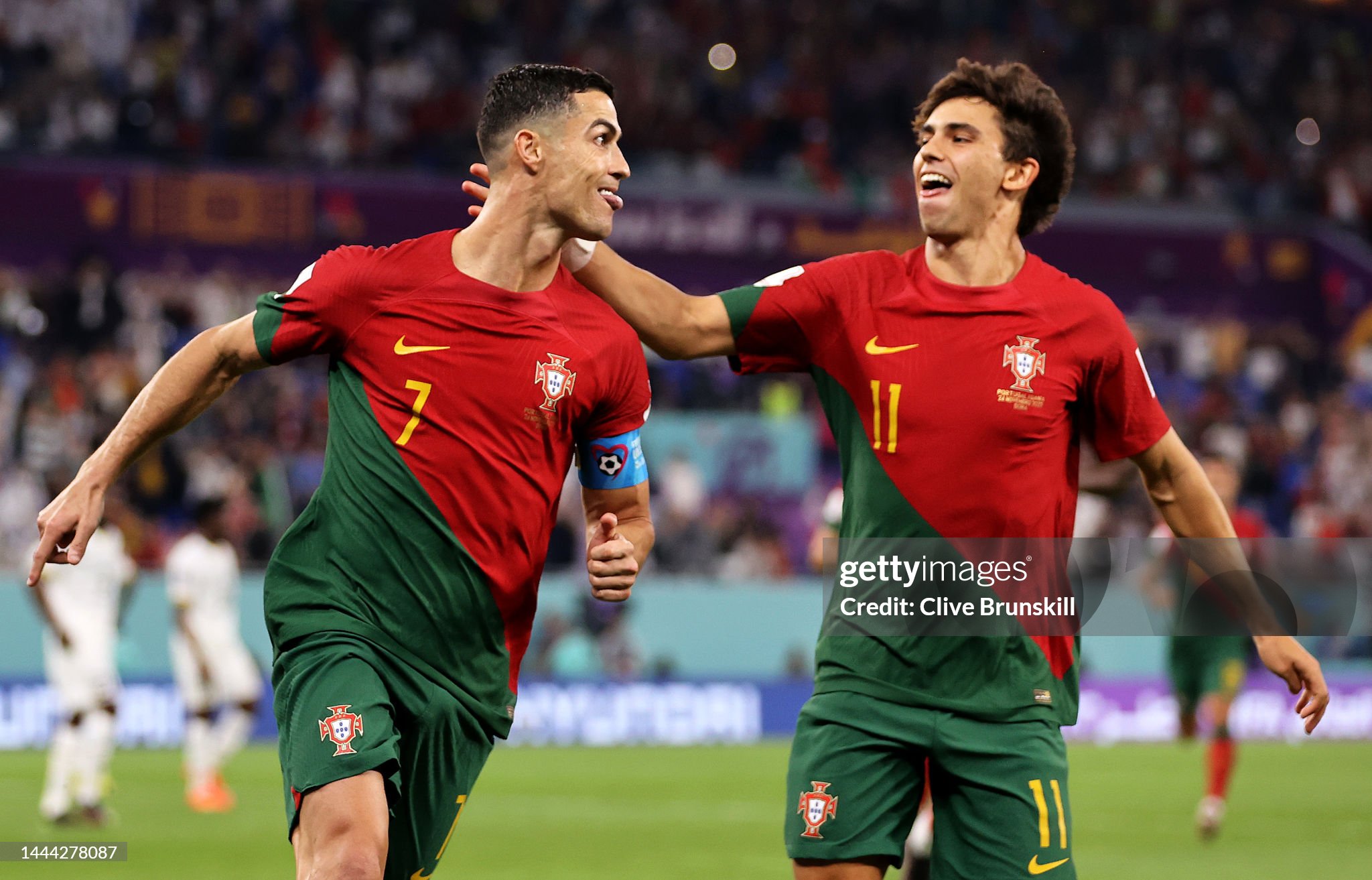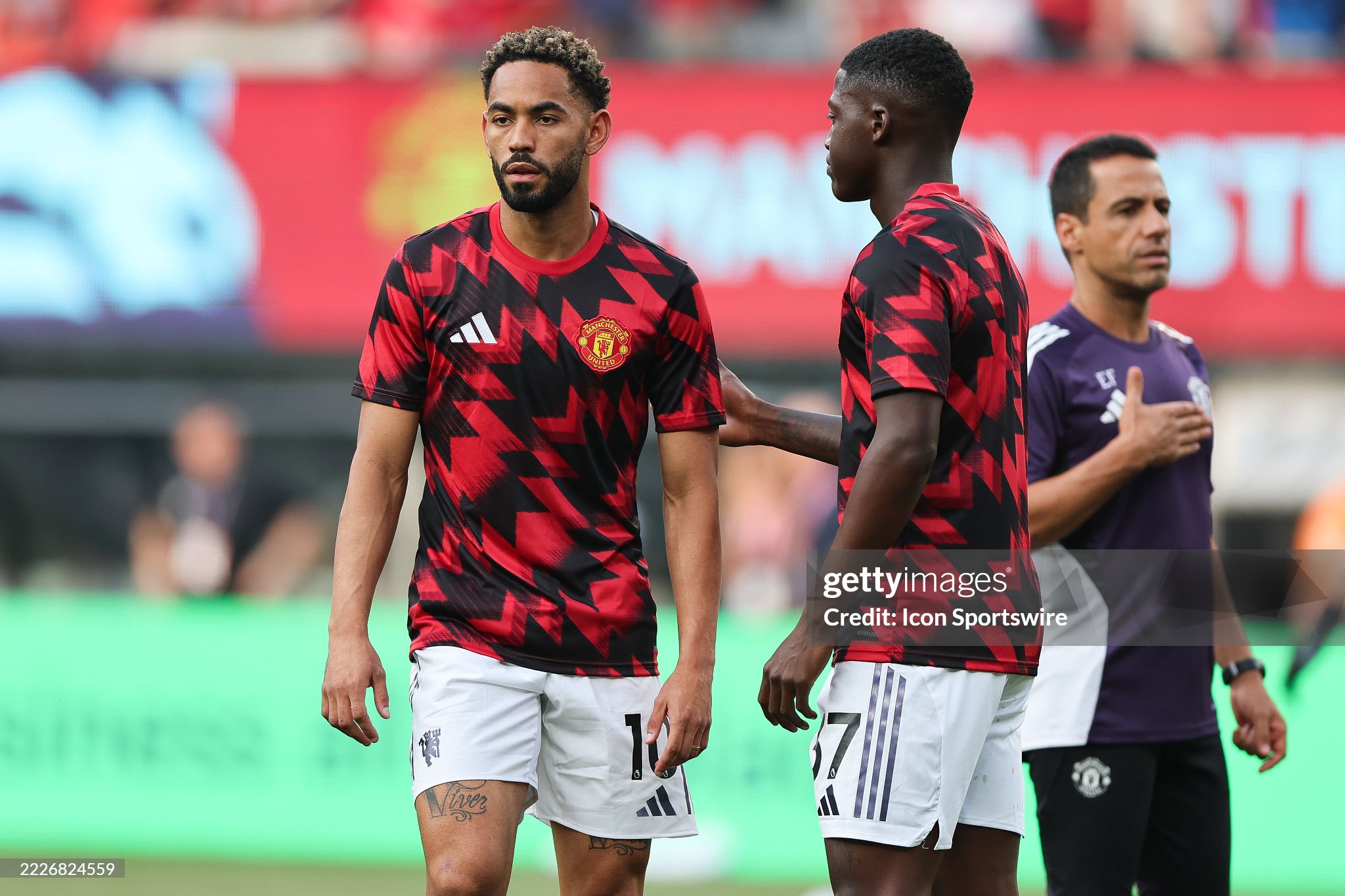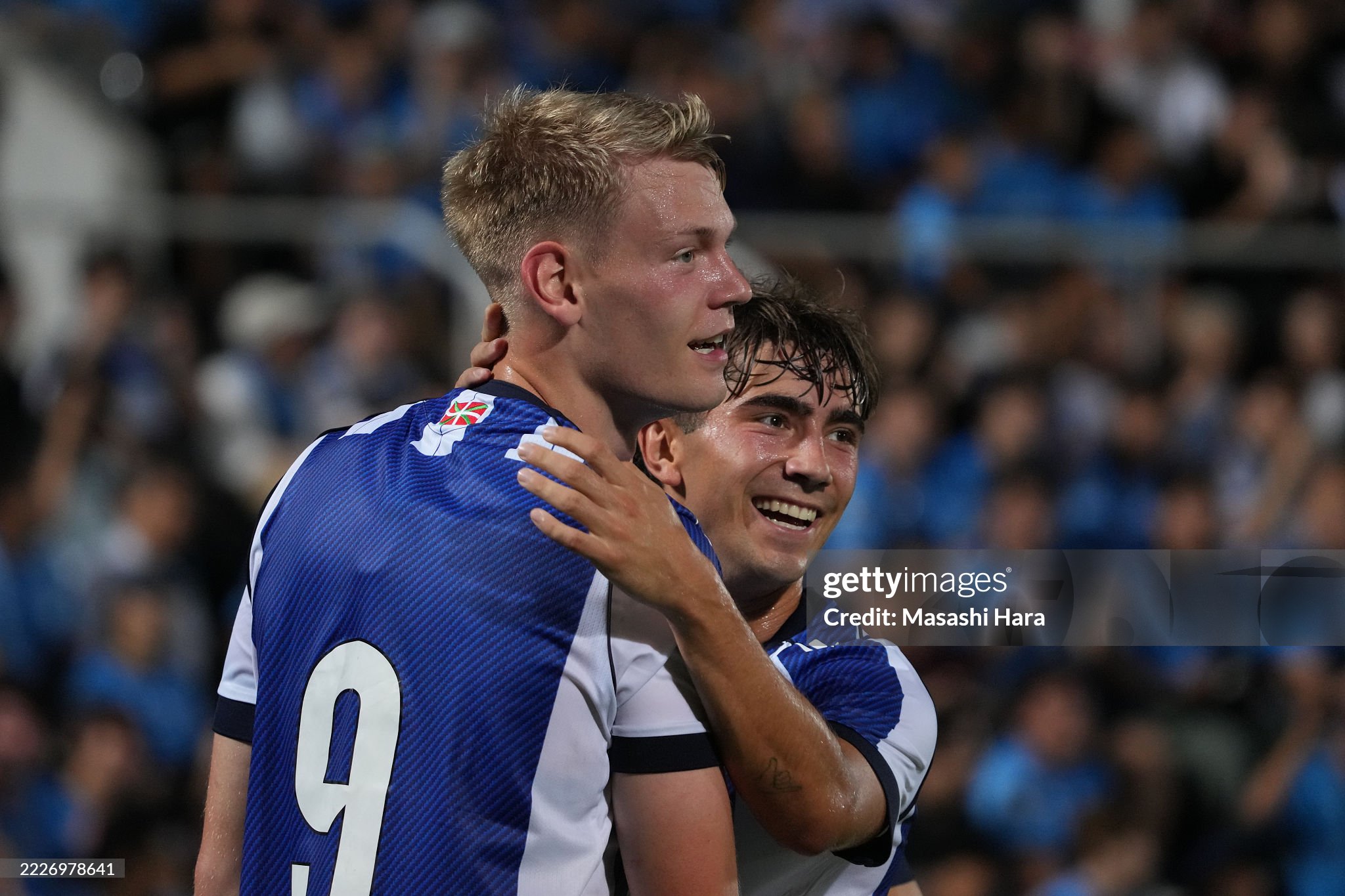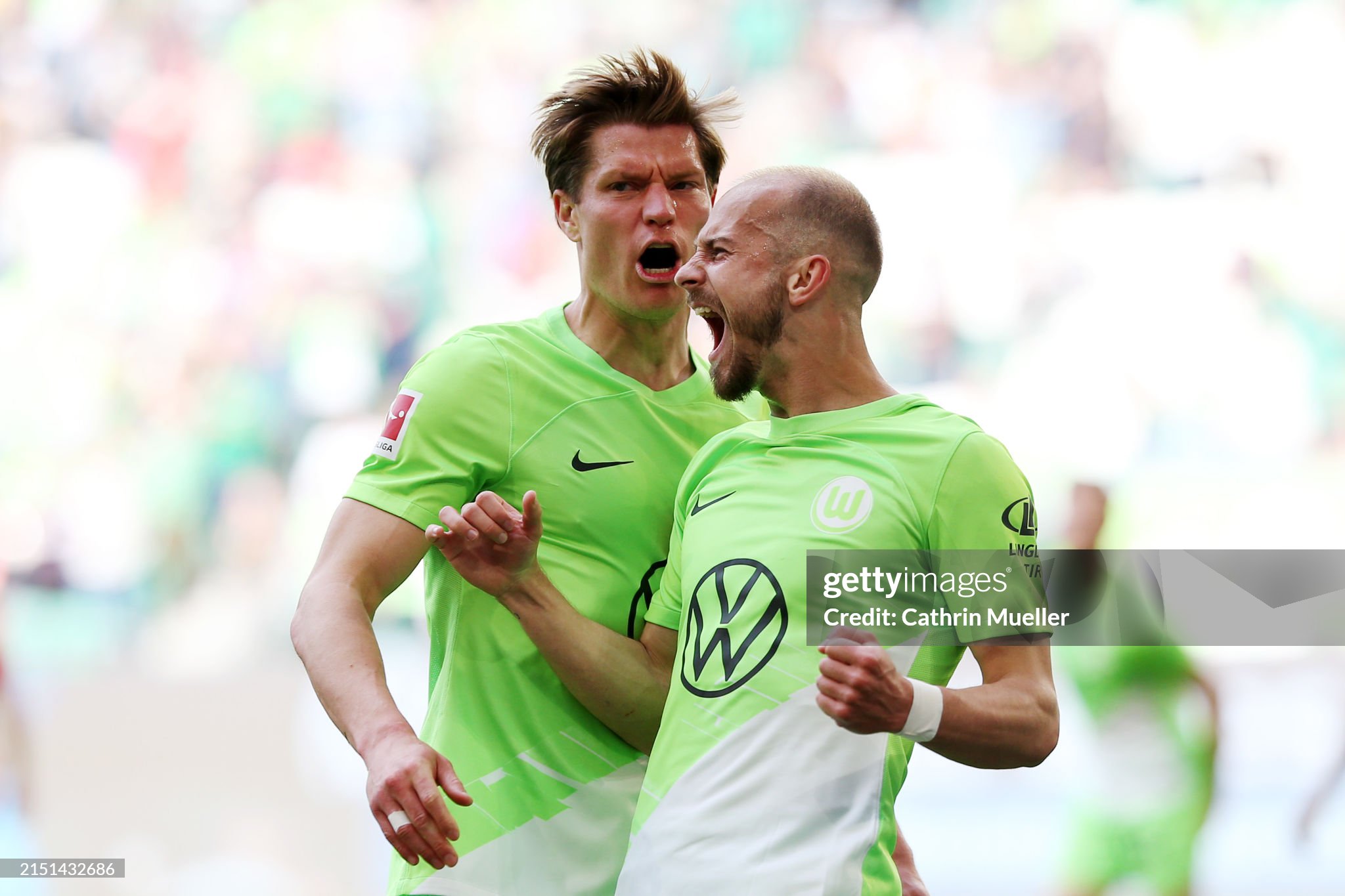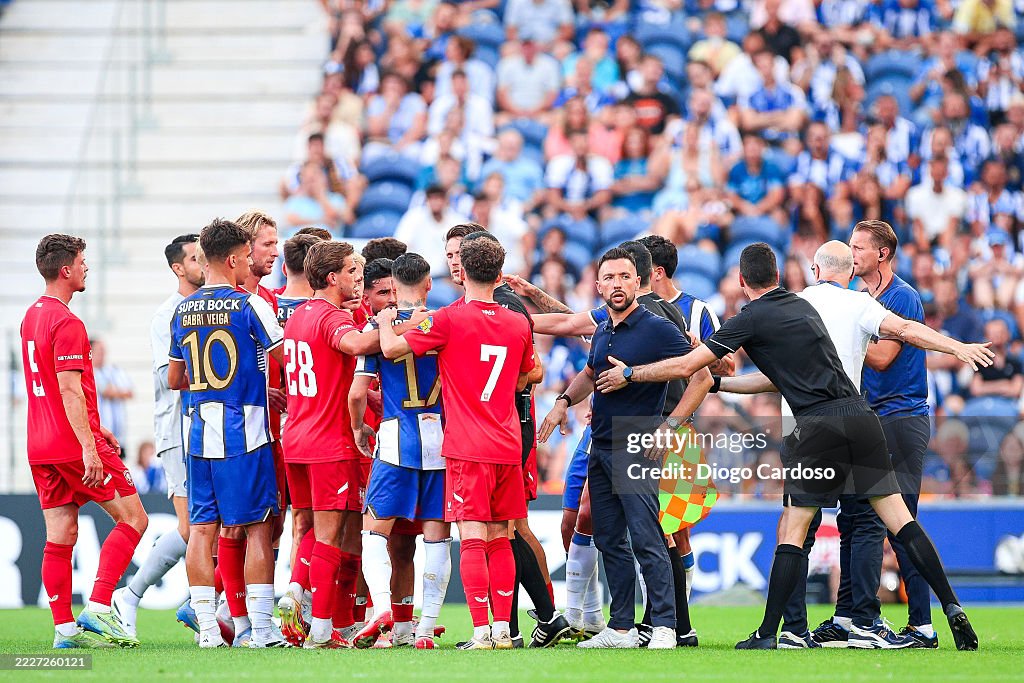Pep Guardiola plans to take a long break after his time at Manchester City. In an extensive interview with GQ Spain, the 54-year-old Spaniard said that he needs rest and wants to focus on his health.
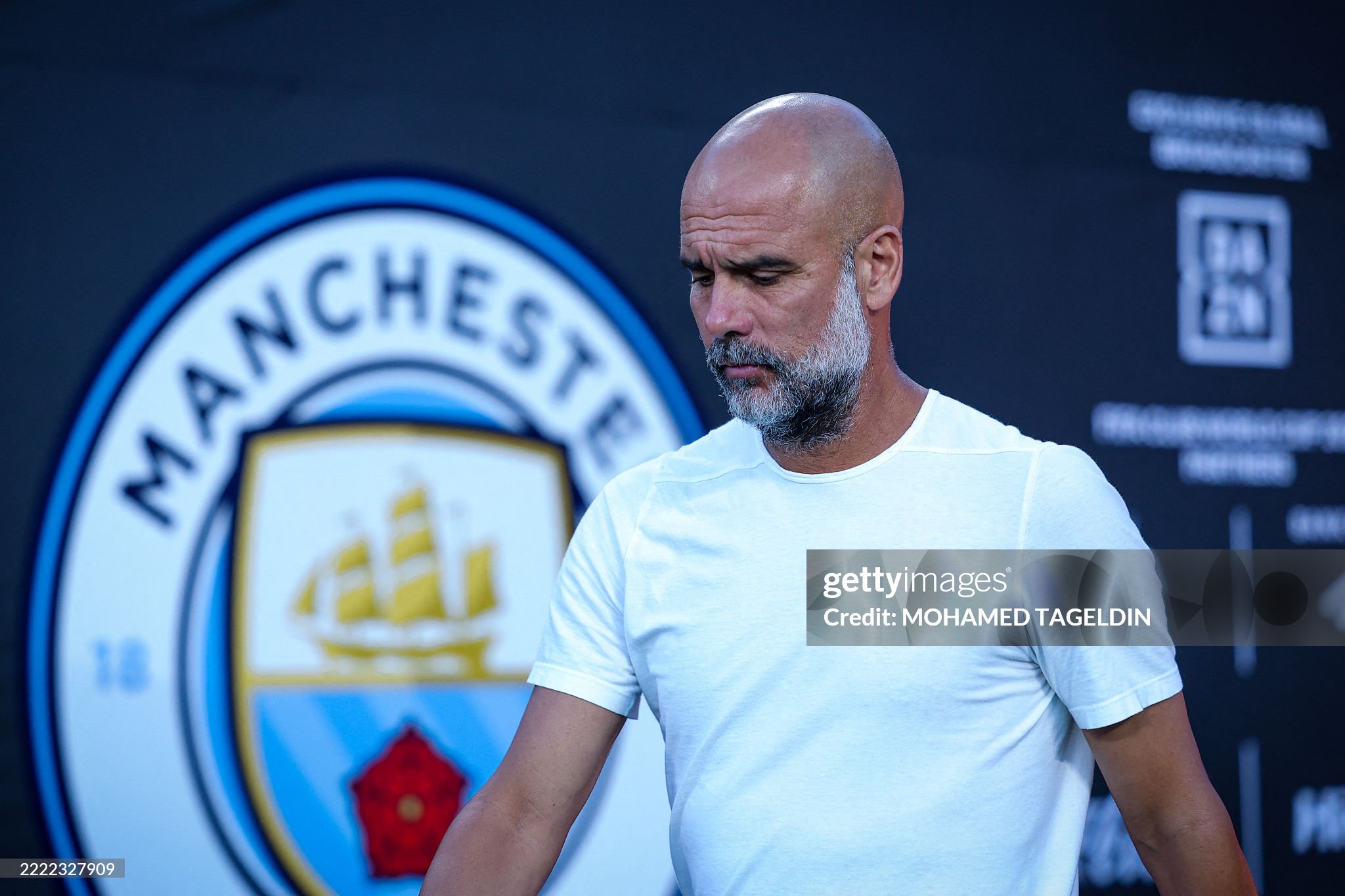 Embed from Getty Images
Embed from Getty Images
Pep Guardiola is preparing to take a rare and deliberate step in the high-pressure world of elite football: to stop. Not merely to change clubs or take a short break between seasons, but to step away entirely, for an undefined period, from the profession that has defined his adult life.
As he begins his tenth season with Manchester City a tenure unmatched in both longevity and success in recent Premier League history Guardiola has made it clear that the end is not just near, it’s planned. And when it comes, it will not just mark the conclusion of an extraordinary era at City, but possibly the end of his time in football altogether, at least for the foreseeable future.
In an honest and reflective interview with GQ Spain, the 54-year-old Spaniard said he has already made the decision to walk away when his contract expires in 2027. He doesn’t know when or even if he’ll return. “I’m certain that I will stop after this period at City, that’s a fact. It’s decided, more than decided,” he said. “I don’t know how long I’ll stop for. A year, two years, three, five, ten, fifteen I don’t know. But I will leave after this period because I need to stop and focus on myself, on my body.”
Guardiola’s words land with the weight of someone who has lived too long in a world that never slows down. Since taking over at Barcelona in 2008, he has never had more than a single year away from coaching. That short sabbatical in New York after leaving Barça seemed at the time like a pause. Now, more than a decade later, Guardiola is speaking of a stop, a full disconnection from the demands of modern management. This isn’t about finding a new challenge, or taking over a national team. This is about silence, about peace, about rediscovering what it means to be still.
His metaphor is telling. “Just stop and watch the cows as the train goes by,” he said. “My grandfather always used to say, ‘You look at me like cows look at a passing train.’ Well, that’s it. You just need to stop and let things pass.” It is a far cry from the Guardiola the football world has come to know the hyper-intense, detail-obsessed genius who paces the technical area as if every moment could decide a season. But perhaps that image is precisely why the man behind it needs to disappear, at least for a while.
The Premier League, and English football more broadly, will lose one of its most iconic figures if Guardiola follows through on this plan. Since joining Manchester City in 2016, he has turned the club into a dynasty. Under his leadership, City have won six Premier League titles, including an unprecedented run of four consecutive championships. They’ve lifted the FA Cup, the League Cup, the Champions League finally conquering Europe in 2023 with a historic treble. Beyond the silverware, Guardiola has changed the way football is played and understood in England. Concepts like positional play, inverted full-backs, high pressing, and ball circulation at the back have all entered the mainstream vocabulary of English football largely because of his influence.
Rival clubs have had to evolve in response. Liverpool under Jürgen Klopp became a machine designed specifically to beat City’s structure. Arsenal, guided by Guardiola’s former assistant Mikel Arteta, have rebuilt in his image. Even Manchester United have been haunted by comparisons to the seamless machine Guardiola has built across town. And yet, despite all that, Guardiola speaks now like a man who wants no more part in that theatre.
“We think we have everything under control, but no there’s always something that steers you onto a different path. My plan now is this: stop, stop… and then we’ll see.” The repetition isn’t casual. There’s a finality to it. He doesn’t want to negotiate terms with another federation or boardroom. He doesn’t want to manage Spain, or Brazil, or any other national team, as has so often been rumoured. He wants to stop truly stop.
Guardiola admitted that the pressures of the job have taken a toll. “I’ve lost quite a few years,” he confessed. “Especially when things go badly then the nights and the daily routines get heavier. Coaching is a 24/7 job. Otherwise, you don’t survive it. The pressure on your shoulders is enormous. You need people around you to help you put things into perspective.” It’s a startling admission, particularly from someone who has seemed, from the outside, to be in total control. But beneath the surface, even perfection comes at a cost. The sleepless nights. The endless tactical preparation. The responsibility of managing not only results, but egos, injuries, media expectations and the emotional climate of an entire club.
His desire for disconnection is not rooted in failure, but in exhaustion. Guardiola has achieved almost everything a manager can dream of. He dominated with Barcelona, collecting Champions Leagues and La Liga titles while reshaping global football. He won the Bundesliga with Bayern Munich, instilling a new rhythm to the German game. And in England, he not only conquered the Premier League he transformed it. His Manchester City side will go down as one of the greatest teams the country has ever seen. The thought of building something else, somewhere else, clearly holds no appeal.
“You win,” he said, “and then the next day, you’re already thinking about the next opponent. You never really stop to breathe.” And that’s the tragedy of modern elite sport that even joy is fleeting, even triumph is momentary. Guardiola no longer wants to live in that rhythm. He no longer wants to be defined by fixtures, points, titles, or tactics. For the first time in decades, he wants to just be Pep.
When the 2026–27 season ends, and Guardiola steps away, the Premier League will not just lose a manager. It will lose a symbol of modern football’s complexity and beauty. His absence will be felt not just in Manchester, but across England and Europe. Yet, in a way, that’s precisely the point. Guardiola wants to disappear at least for a while into the quiet spaces where trains pass and cows watch without judgment or hurry.
He has nothing left to prove. What he’s looking for now is something else entirely: rest, time, and the freedom to live outside the sideline.
Updated: 11:47, 31 Jul 2025
